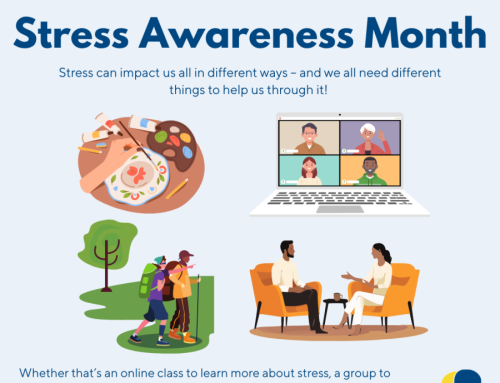My dad was diagnosed with vascular dementia in 2007 following a stroke when he had a fall at home. This fall was preventable as dad had just had a knee replacement so his house should have been assessed by social care and then he might have had a handrail fitted on the stairs but information on your rights to access services is just one of the things families struggle with when people in the family get older.
For instance, we didn’t really know what vascular dementia was and how it would impact on dad and so we did not get the information and support we needed early enough to be able to properly support him in those terrifying early months.
The word dementia describes a set of symptoms that can include memory loss and difficulties with thinking, problem-solving or language. In vascular dementia, these symptoms occur when the brain is damaged because of problems with the supply of blood to the brain.
Little is known about its relative prevalence in black and minority ethnic populations, although there is a growing body of evidence that the Black African-Caribbean community in the UK has a higher prevalence of vascular dementia than other communities
According to SCIE (Social Care Institute for Excellence), more than 40,000 older black and minority ethnic (BME) people live with dementia in the UK, in part due to vascular risk factors such as hypertension and strokes often found in African-Caribbean and South Asian UK populations. In other ethnic groups such as Irish and Jewish, there is a demographically-older population so with the link between age and dementia, prevalence is likely to be higher. This means those working in health and social care need to have additional awareness of the needs and risks of these communities in order to meet their particular needs.
Dementia is misunderstood and highly stigmatised in many UK black, Asian and minority ethnic communities. Although there are organisations such as Touchstone that have developed good practice in working with black, Asian and minority ethnic communities, but there needs to be a more developed structure to share the learning from good practice. There should be a vision of a culturally appropriate approach to the dementia pathway that starts from raising awareness, leads to facilitating early diagnosis and lasts into appropriate end-of-life care.
Here at Touchstone, we are striving to work with services and policy makers to develop such a vision and infrastructure that might have helped me and my family to feel that we had properly cared for my dad in his final years.
Don’t get me wrong, we loved our dad and showed this every day of his life but it fills me with sadness and regret that we might have helped him more in his distress and confusion had the vision we seek today, been a reality then.
If you want to be certain of providing the best support you can for a loved one in your family, here are my top 3 tips:
- Drugs might help but so too might talking therapies – ask your GP.
- Keep the person active both mentally and physically. Songs from their childhood and photographs of happier times as well as walks around familiar places or visiting old friends all support a person’s health and wellbeing and slow down the acceleration of the disease.
- Over time behaviours – such as agitation or aggression – become more likely. These are often a sign that your loved one is in distress. There are many potential causes such as being in pain or not understanding something or someone. The person may just be frustrated or under-stimulated. Individualised and non-drug approaches like social interaction often help and should be considered before additional drugs are prescribed.
For more information on dementia, visit the Alzheimers’ Society website on www.alzheimers.org.uk





